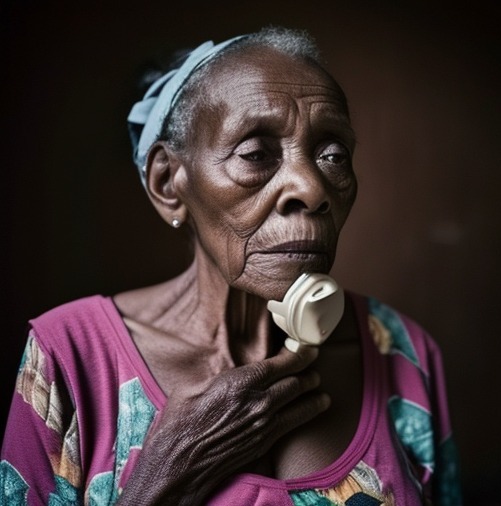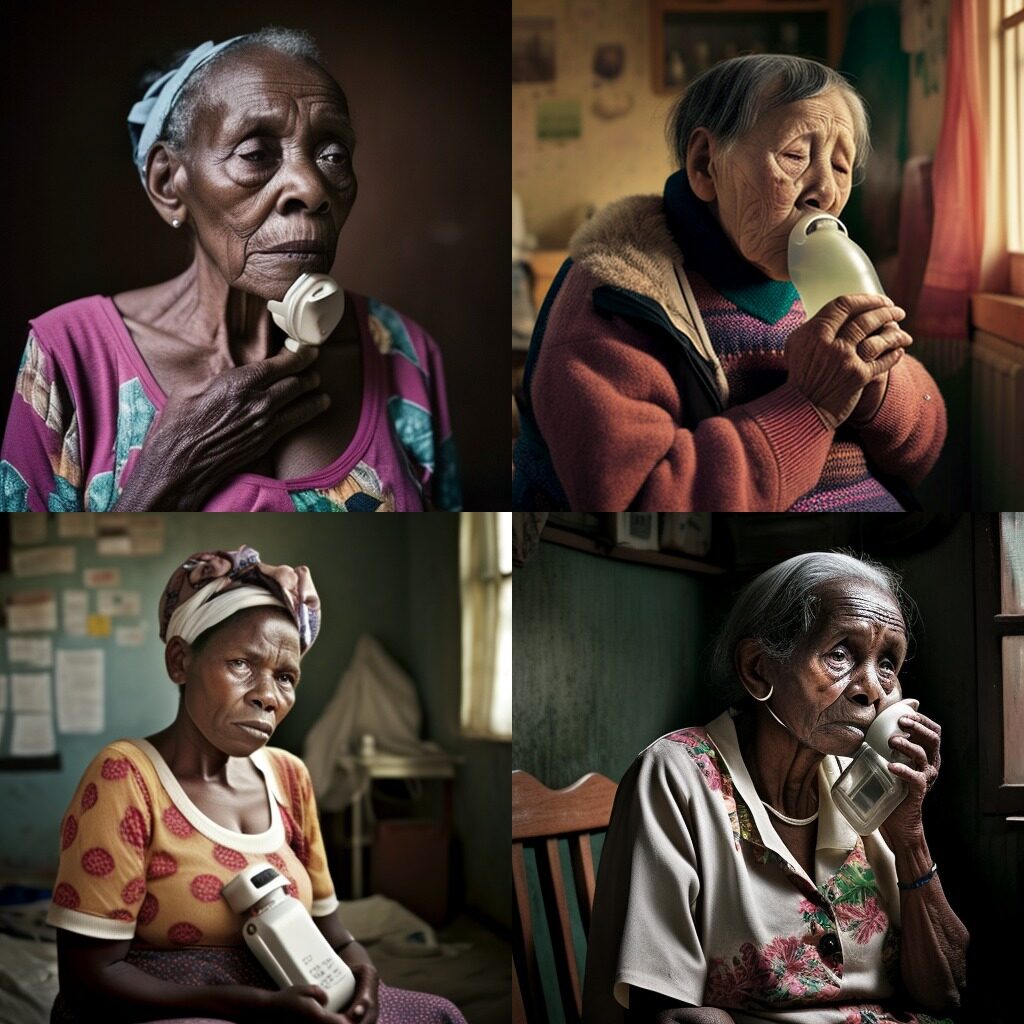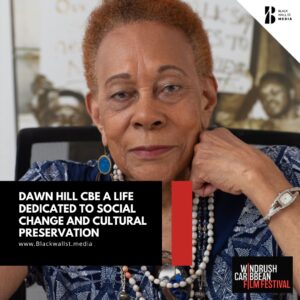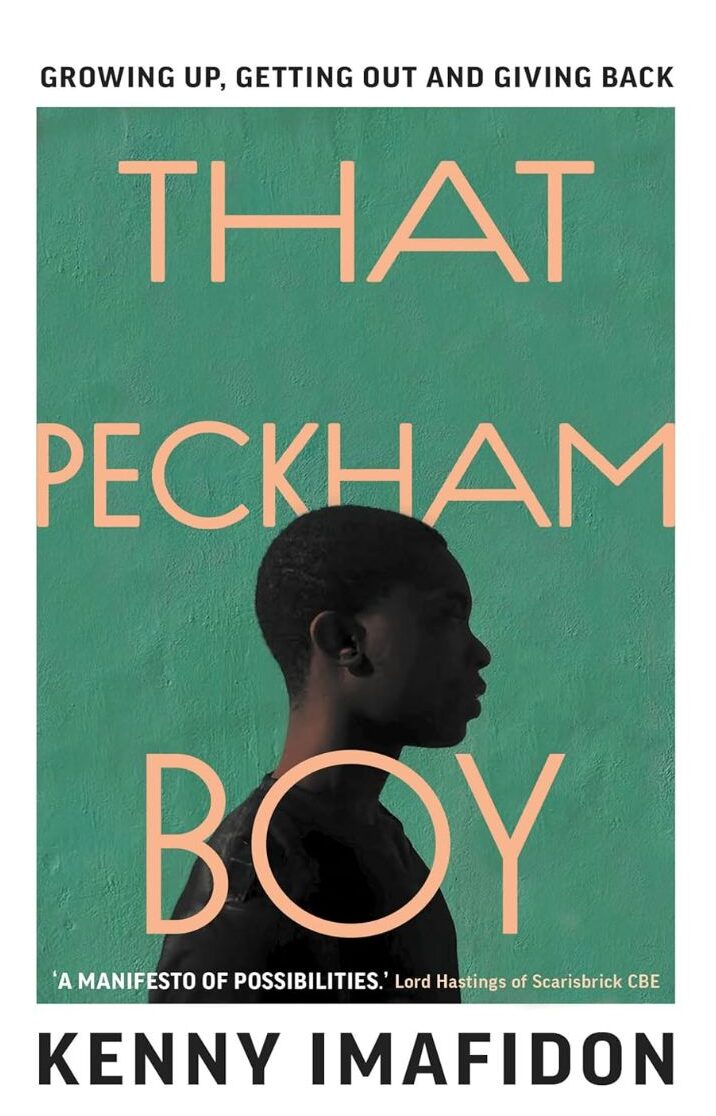Loneliness and isolation have reached epidemic levels in the UK and black people and ethnic minorities can experience it more intensely.
Aysha IqbalContributor
One man who is on a mission to make a difference is Dr Faisal Shaikh, a Consultant Psychiatrist with extensive experience in the UK NHS and private sector.
After his own fathers experience of loneliness and mental deterioration (which resulted in him going missing from home) and after dealing with the issue of loneliness and mental health in his many patients, Faisal felt a compassionate and creative spark for his start up Babble, a digital platform with the goal to help reduce isolation on a global level by providing users experiencing loneliness to have one on one 17 minute conversations with others across the world. Babble launches in December of this year and Aysha Iqbal from Wizz Media had a chat with him about it.
Black people are more likely to feel lonely than the general population according to recent research.
As a psychiatrist, why do you think this is?
Well, according to data from the Mental Health Foundation in May just this year, one in three black people say they have experienced feelings of loneliness compared to 1 in 4 in the general population.
This was based on a survey of 6000 people across the UK.
As a psychiatrist I think the higher rates are due to racism and discrimination which at its simplest can occur when black people feel they are not welcome in the spaces occupied by others, and secondly social inequality due the fact that Black people are more likely to live in deprived areas.
How damaging is this to the psyche and soul of the person experiencing it?
Experiences of loneliness can lead to shame and embarrassment and these in turn can be hugely detrimental to the psych and soul of the person feeling lonely.
This then stops them from recognising the issue and seeking help.
What is your experience as a psychiatrist of dealing with this issue with your black patients? Are there any particular case studies that come to mind?
When I worked in Dudley, I had a sizeable number of Black patients whom I treated under my care.
Loneliness is definitely a bigger problem that I witnessed in my Black and other ethnic minority patients even in those people apparently having good support networks, because they would not necessarily feel comfortable enough to open with those around them.
What advice would you give to these communities so that they experience this problem less.
Open up and talk to someone around you. Be kind to yourself. And Try to not compare yourself with others.
Tell us about babble it’s an interesting concept. Your hoping it’s going to tackle the problem of isolation for people in all communities. How did you come up with the idea for this app?
Thank you.
The concept behind Babble has been with me since I lost my father through him going missing in 2010.
He became progressively lonely as grew older and this was despite his family being around.
The concept of Babble is to enable formation of a community where we address loneliness through the power of 17-minute 1:1 calls between its members where they feel witnessed and having been able to witness others.
Is the 17 minute conversation based on any scientific research?
Yes and no – yes because talking to someone can be an unpredictable exercise (based on my clinical experience), so we though we needed a time limit to each call.
No because we though a time between 15 and 20 minutes would be sufficient for 2 people to catch up with each other’s recent happenings and what they are up to, so we went for 17 minutes and if you think about it, it is the same amount of time required to have a cup of tea.
What do you hope it’ll achieve?
It will get people to open up and talk without fear of judgement, and get them to hear about other people’s stories and perspectives.
As an expert in the healthcare industry, I also wanted to ask you about why many black people feel forced to stay in the U.K. rather than retire to their home countries because of pooor health care . What is your view on this?
I believe retiring in one’s country of origin can be a daunting prospect given the massive psychological shift one has to make as part of the move.
The fantasy part would say one is going back home; the painful reality however is that those earlier ecosystems would have transformed so much that that they would seem alien and unrecognizable to that person, in effect rendering them becoming a foreigner in their country of origin.
Poor health care provision may be a manifest reason for deciding not to relocate back to one’s country of origin, but the psychological undertaking involved plays a massive part rather latently.
Check out Babble on www.mybabble.chat











